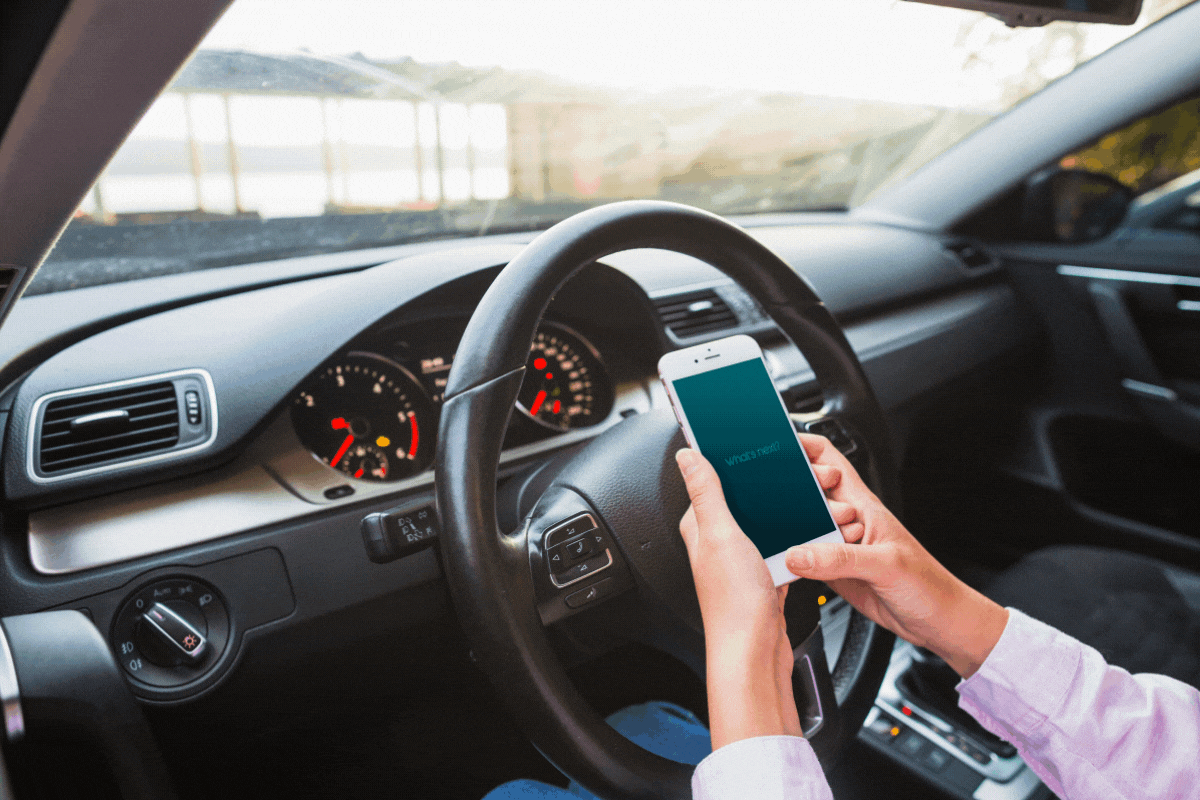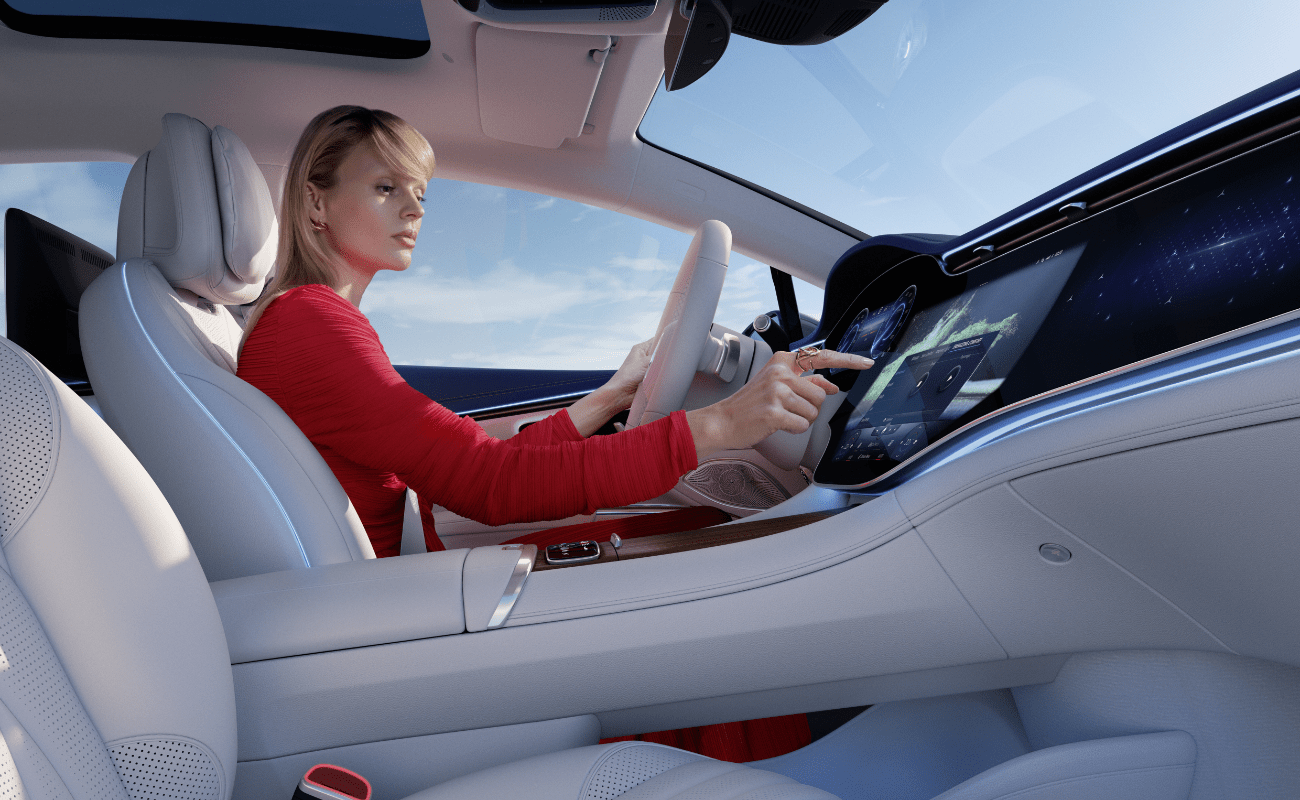How car apps will transform the auto industry
by Andreas Schroeter, Movinx Chief Product Officer
In my last post I discussed the main features of car apps. I predicted that this will become standard as part of a subscription within the next years (with basic features being free), with car apps opening up a whole new era of mobility.
Outlook: mobility in your pocket
The future is about embedding services seamlessly, think of ‘mobility in your pocket’. Cars stand for individual mobility, car apps can take this to the next level – charging a subscription fee for the car app is just the beginning.
Manufacturers should see their apps as a way to connect directly to their customers and, beyond that, as a gateway for third party offerings to their customers. We already use apps to find car shares that are close by, and we also use apps to order car services after a night out, why not via the car app?
- Why shouldn't you be able to order a convertible for a long summer weekend, ideally while my car is being serviced?
- Why shouldn't you check available cars when your car lease is about to expire?
- Why shouldn't you be able to see the status of your car repair and when it is going to be delivered back to your home?
- Why shouldn't you be able to share your car history (service records, mileage, accident history...) digitally when getting a car assessment for a sale or trade in?
- Why shouldn't you get car insurance based on your driving history with just one click?
The last point alone not only makes the customer’s life easier, it also has massive earnings potential.
So, insurance could very well be, I don’t know, 30%, 40% of the value of the car business, franklly.
– Elon Musk, Q3 2020 Earnings Call, Oct 21, 2020
Which brings me to my final point:
Massive financial impact on current business model
Digital revenue is an incredible boost to EBIT – a massive change to a manufacturing business model where making double digit margins is considered a great success.
Leveraging off car sales, the potential of car app subscription services can be likened to Amazon Prime, Spotify and Netflix, which charge $10/month. If we take the example of Amazon, where their ecommerce business effectively works as car sales would in the auto sector, Amazon Prime equals the subscription, and access to the app/user for third parties equals Amazon Marketplace.
The average age of a car in the US is 12 years. I made a very simplified thought experiment:
With $45,000 being the average new US car sales price, after taxes this amount to about $4,000 for car manufacturers (with a 10% EBIT margin assumption), or about $330 per year. A car app subscription with $10/month has the potential for $120 per year, meaning a significant margin boost potential in the next couple of years. And this is just from subscription alone, not thinking about adding auxiliary services like the insurance mentioned above.
Spending money for a top-notch app, both having all the regular features for the subscription and opening up to third party business models, is money well invested, as it will not only increase customer loyalty but have a direct and very visible impact on the bottom line.
With market trends showing a clear appetite for connected, electric and subscription vehicles, car apps will soon follow as the new subscription giant to take the world by storm and change how we think about individual mobility.
Want to read more?
**This article is the last part of a three-part series:
- ‘The next multi-billion dollar frontier for car manufacturers – hint: it’s not EVs’ can be read here.
- ‘Car apps: Who has the best?’ can be read here.
Movinx is scaling up to transform the automobile insurance industry. Read more industry insights from our team, here.
Related Posts
10 predictions for car insurance in the next 10 years
The car insurance industry is facing probably the largest disruptions of the last decades, due to the increasing availability of data and the imminent mass-adoption of AI. Our team of experts in insurance and tech, combined with our footprint across the US and Europe, has provided us with core audience insights on this and emerging trends. This is what our 10
At the wheel in real time
Because more and more data can be collected individually and in real time, insurers are facing major changes. The greatest opportunities will open up in the near future for car insurers, but providers must know how to use them.
How do we classify ‘embedded insurance’?
“Are you an insurance company?”“Do you sell insurance in car dealerships?”“Do you tell people what’s the cheapest auto insurance?”
What’s new about ‘embedded insurance’?
How can embedded insurance make a difference? Talk about the need to vertically integrate, maximize value chain and why.





